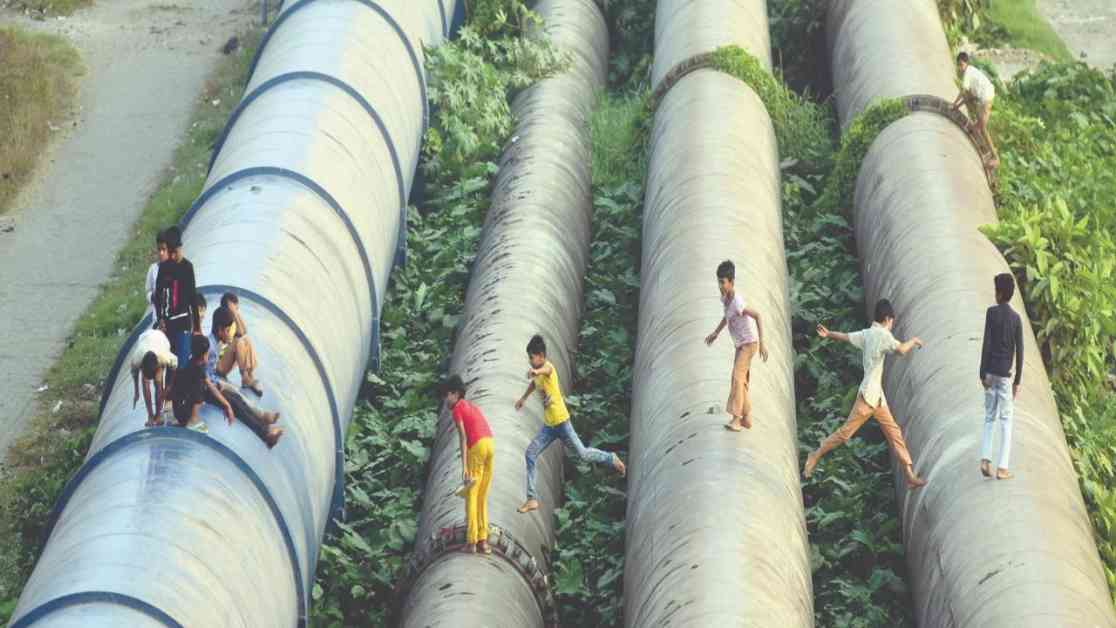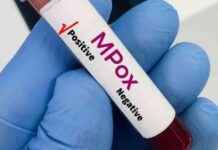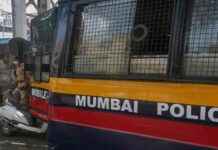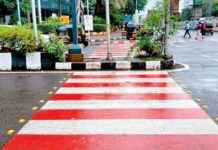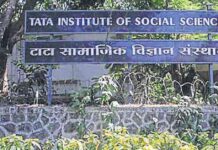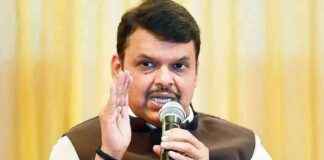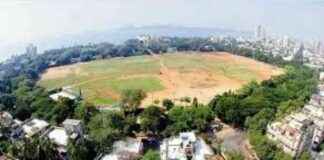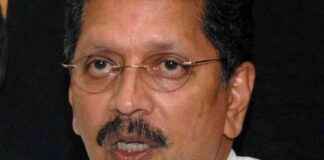The Brihanmumbai Municipal Corporation (BMC) in Mumbai has undertaken a massive project to construct a water tunnel costing Rs 6,000 crore. The project involves building a tertiary-treated water tunnel between Dharavi sewage treatment plant and Ghatkopar, with the aim of transporting treated sewage to the Bhandup water treatment plant. This tunnel will be 8.48 km long, with a diameter of 2.7 meters, and will be dug 145 to 150 meters underground.
In addition to this tunnel, another proposal has been approved for an 11.61 km tunnel with a 3.3-meter diameter for the same purpose. The BMC is also planning to upgrade seven treatment plants at a total cost of Rs 26,000 crore, with the capacity to treat approximately 2,464 million liters of sewage daily. After treatment, 1,232 million liters of water will be discharged after secondary treatment, while the remaining 1,232 million liters will undergo tertiary treatment.
According to civic officials, sewage water that undergoes tertiary treatment can potentially be used for potable purposes as well. However, there has been no final decision made regarding the use of treated water for drinking. While sewage water after tertiary treatment is of potable quality, the BMC is still considering its options and exploring the possibility of using treated water to meet future potable water demands for the city.
The city of Mumbai currently receives 3,850 million liters of water daily, while the demand is 4,500 million liters. Approximately 950 million liters of water are lost due to leakage. The construction of these water tunnels and the upgrade of treatment plants are crucial steps towards ensuring an adequate and sustainable water supply for the city of Mumbai in the future. The BMC’s ambitious project highlights the importance of innovative solutions to address water scarcity and meet the growing water needs of urban areas.
